 Burgess 50: Our top five social posts in 2025
Burgess 50: Our top five social posts in 2025
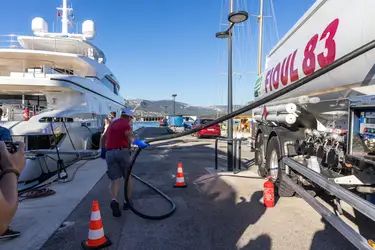
Looking into future fuels
Published 07 December 2023
Alternative fuels and sustainability have been a hot topic within the yacht industry and even more so over recent months.
To ensure Burgess is constantly considering the impact of our industry on the environment, an Alternative Fuels Task Force was created to investigate the challenges and future potential of these fuels. The task force consists of team members across every department within the company to cover all angles of yachting.
There are a number of alternative fuels under investigation in the yachting industry and there are yachts currently under construction that utilise hydrogen and methanol as part of their power generation systems. Similarly there is also a growing trend within commercial shipping towards the use of methanol and ammonia as alternative fuels.
Yachting is a relatively small contributor to worldwide emissions. This sector of the industry contributes 0.4 percent of greenhouse gas emissions from shipping, which in turn is responsible for three percent of worldwide emissions. Regardless of the relative contributions yachting is increasingly under the spotlight.
Aside from the maturity and availability of technology, which varies, there are three significant challenges to overcome when considering an alternative-fuelled vessel:
Space
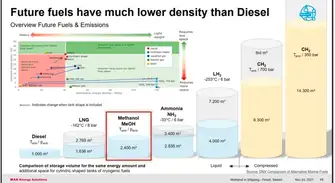
Most alternative fuels currently being discussed require additional space in comparison to more conventional fuels. Consideration needs to be given to what space compromises an owner is willing to accept and how this affects the performance or operational profile of yacht and crew. When it comes to considering a yacht construction project, our New Build Sales team help facilitate the necessary conversations between owners, our technical service team, and shipyards.
Availability and bunkering
While global infrastructure is increasing at a good pace it still has some way to go before fuels are readily available worldwide. However, some fuels can be bunkered by roadside truck and barge, which increases their flexibility.
Shipping industry direction
It is important that any fuel selected is broadly in line with the direction of the commercial shipping industry in order to ensure long term availability. Currently, there are a number of fuels that will clearly have a future in commercial shipping, however no single dominant fuel can be determined at this point in time.
Key alternative fuels of interest to the yachting market:
Methanol
Methanol is one of the leading alternative fuel options and seen by many as the most likely fuel for the next generation of commercial shipping. Storage of methanol requires around three to four times more volume than diesel resulting in a reduction in useable interior space on board, or a significant reduction in range and/or speed for all but the largest yachts.
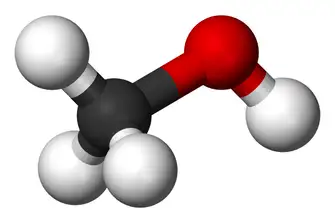
Methanol combustion engines for yachts are not currently available but are expected to be seen in the next few years (with very limited choice); as an alternative to combustion of methanol, the fuel can be used via fuel cells to generate electrical power which, while efficient, with the current technology take up considerable space and are sensitive to fuel quality.
Biofuels
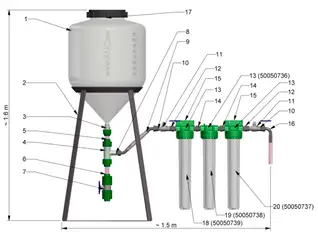
There is increasing availability of second-generation biofuels, and in particular HVO (hydrotreated vegetable oil) which are not produced from palm oil or waste from palm oil production.
eFuels
These are manufactured by combining hydrogen with carbon dioxide. To be genuinely sustainable the carbon dioxide should have been captured from the atmosphere and the hydrogen should be produced by electrolysis of water so there is no net carbon emission. Currently the process is very expensive due to the amount of energy required from renewable sources like wind and solar.
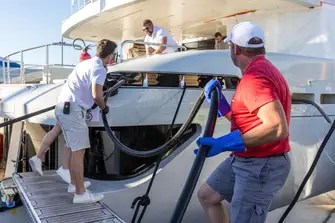
HVO and synthetic eFuels are currently available in limited quantities around the world. Biofuels such as HVO can also be used in conventional diesel engines and blended with diesel should the fuels not be available in a particular location.
Hydrogen
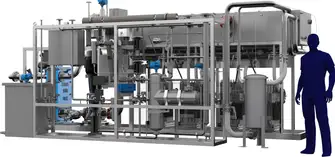
In the long-term, hydrogen is likely to be the most sustainable fuel in many industries as it can be used in both combustion engines and fuel cells. The main challenges are the large amount of energy required from renewable sources to produce it by electrolysis and effective means of storage.
Alongside investigating alternative fuels, the task force has also been considering additional areas of environmentally conscious design. These include:
- Powering and propulsion
- Alternative power generation
- Designing for efficiency
- Yacht operations
- Use of sustainable materials
The conversation regarding alternative fuels is endless. We are collaborating with suppliers, designers and shipyards to align and share our thoughts. It is an entirely new world with the chance to change the face of yachting and we are here to explore it with you.
To find out more about Burgess’ yachts for sale and yachts for charter, please contact a Burgess broker. Alternatively, get in touch with one of our offices directly: London, Monaco, New York, Miami, Singapore or all other locations.
 Catamaran GOOD DAY SUNSHINE sold
Catamaran GOOD DAY SUNSHINE sold
 Last minute winter charter destinations
Last minute winter charter destinations

